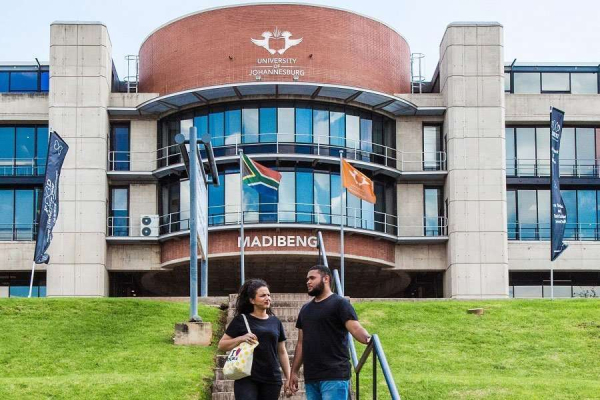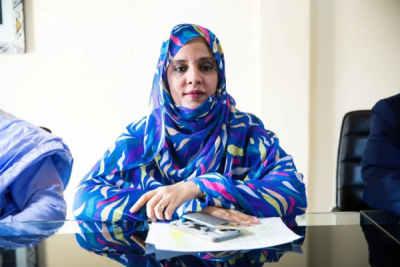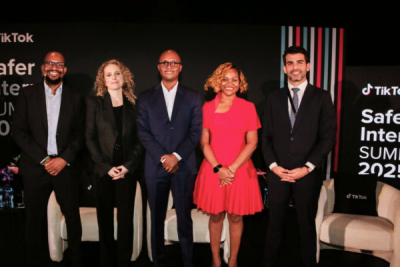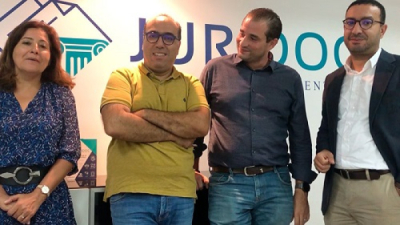The digitalization of education in Africa holds significant promise for revolutionizing educational systems and enhancing learning results. Yet, obstacles persist, including inadequate infrastructure and the imperative to equip educators with proficiency in these emerging technologies.
The University of Johannesburg (UJ) has been awarded a grant of approximately 8.1 million rand ($422,000) by the European Union (EU) to implement the Promotion of Technology Enhanced Learning and Digital Education (Pro-TELDE) project in South African Technical and Vocational Education and Training (TVET) colleges. The project, funded by the EU’s Erasmus program, aims to leverage artificial intelligence (AI) to transform education and foster a culture of continuous learning and innovation.
"Project Pro-TELDE reflects UJ’s commitment to advancing digital education and empowering educators for success in the digital era, driving positive societal change through transformative educational initiatives," said Professor Tankiso Moloi, 4IR Research Chair at Johannesburg Business School, UJ.
The EU funding aligns with UJ’s dedication to digital education. The university has recently made significant strides in AI, ranking sixth among African universities for its contributions to AI research.
As part of the project, vocational education will be offered, as well as training of educators, to equip them with the necessary tools to navigate and excel in this new era. An online repository of validated digital educational resources, specifically designed for South African educators, will be established to serve as a hub of knowledge and innovation, providing them with access to a wealth of information and tools to refine their teaching methods.
This initiative, by equipping educators with the tools and knowledge to adapt to digital advancements and incorporate them into their teaching practices, aims to pave the way for a brighter and more technologically advanced future for South Africa’s education sector.
Samira Njoya



















